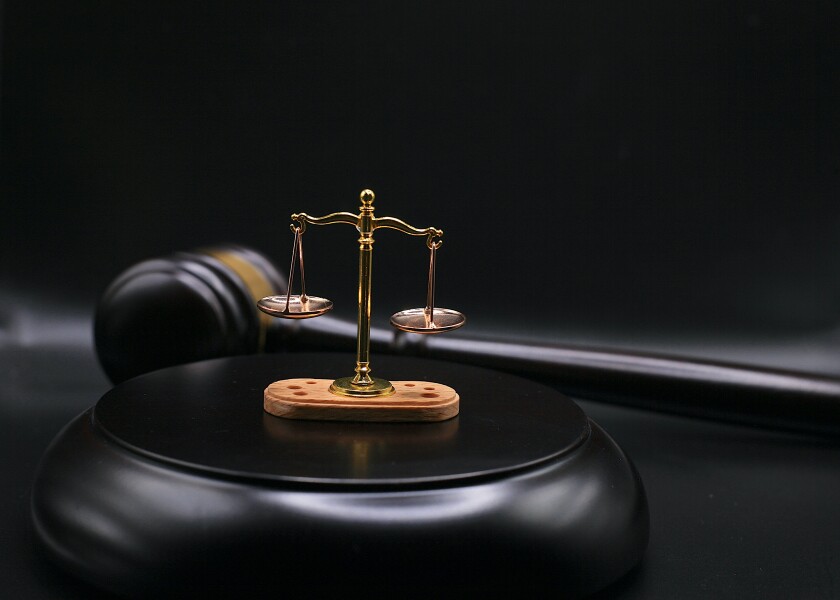The Swedish VAT Act has a provision for the proportion of residual input VAT in a business with taxable and tax-exempt transactions. The provision states that residual input VAT should be proportioned based on ‘reasonable grounds’ (skälig grund).
The prevailing view of reasonable grounds, based on lower-court case law and the Swedish Tax Agency’s (STA’s) public guidelines, has been that turnover is the starting point, but that any other method that results in a more precise determination of the deductible proportion can be used.
A notable case in the Supreme Administrative Court
A company with taxable and tax-exempt transactions claimed an input VAT deduction for residual input VAT using a turnover-based method. The STA rejected the claim, arguing that the deductible proportion should be calculated based on the usage of the acquired goods and services, which is permitted under Article 173.2c of Council Directive 2006/112/EC of 28 November 2006 on the common system of value added tax (the Directive). The STA held that this provision is implemented in the Swedish VAT Act, through the provision of proportion based on reasonable grounds.
The company appealed the STA’s decision through the Swedish administrative court system. The lower courts rejected the appeals.
With the representation of KPMG AB, and with the author as part of the team, the company appealed against the Administrative Court of Appeal’s decision to the Supreme Administrative Court (SAC) and requested that the deductible proportion of residual input VAT should be calculated according to the turnover-based method, which is the main rule for partial exemption calculation according to the Directive.
The company argued that the Swedish VAT Act's reasonable grounds provision is not compatible with the Directive, as it neither states the turnover-based method as a main rule nor specifies alternative methods that can, or shall, be applied. The company argued that the turnover-based method in articles 173.1 and 174 of the Directive has a direct effect and that the company therefore should be allowed to determine the deductible portion based on this method.
The SAC granted leave to appeal regarding the question of whether a company with VAT mixed activities can be prevented from using a turnover-based method to determine the deductible proportion of residual input tax and instead be obligated to determine the deductible proportion of input tax using a usage-based method.
The SAC’s conclusion
In its judgment, the SAC found that the reasonable grounds provision does not state the turnover method as a main rule, nor does it specify for which transactions another method must, or may, be used. Therefore, the SAC concluded, it does not meet the requirements for clarity, precision, and transparency set by the Court of Justice of the European Union for it to be considered an acceptable implementation of the Directive into national law. According to the SAC, this insufficient implementation cannot be remedied by interpreting the Swedish law in accordance with the Directive.
Furthermore, the SAC concluded that it is not possible to apply a usage-based method in accordance with Article 173.2 c of the Directive, against the taxpayer’s will, since such a method has not been implemented in Swedish law.
Finally, the SAC stated that articles 173.1 and 174 of the Directive have direct effect and that a taxpayer therefore can rely directly on these provisions to calculate the deductible input tax using the Directive's turnover-based method.
Commentary
The SAC’s ruling is very important because it provides guidance on the issue of determining the deductible proportion of residual input VAT, clearly stating that a taxpayer with taxable and tax-exempt transactions who wants to apply a turnover-based method should be allowed to do so by invoking the provisions of the directive. Under such circumstances, the STA cannot decide that another, more reasonable, method should be applied, because there are no other methods implemented in Swedish law.
The SAC’s ruling is also significant from the point of view of legal certainty in that the vague reasonable grounds provision was rejected by the SAC. The ruling clearly underscores that the individual taxpayer affected by a provision must be able to be fully informed of their rights and obligations, and that provisions must therefore be implemented in a sufficiently clear, transparent, and precise way for the requirements of legal certainty to be met.
The decision will lead to changes in the Swedish VAT Act, with the reasonable grounds provision abolished and provisions compatible with the directive introduced. The content of such provisions remains to be seen, but it is clear that the main rule, the turnover-based method, must be implemented into Swedish law.
The STA has published an official commentary to the ruling, explaining, for example, its view that reasonable grounds should still be applicable for the proportion of input VAT between economic and non-economic activities. Considering the statements from the SAC regarding the incompatibility of the reasonable grounds provision with the requirements for legal certainty, the STA’s view could, in the author’s opinion, be questioned.












